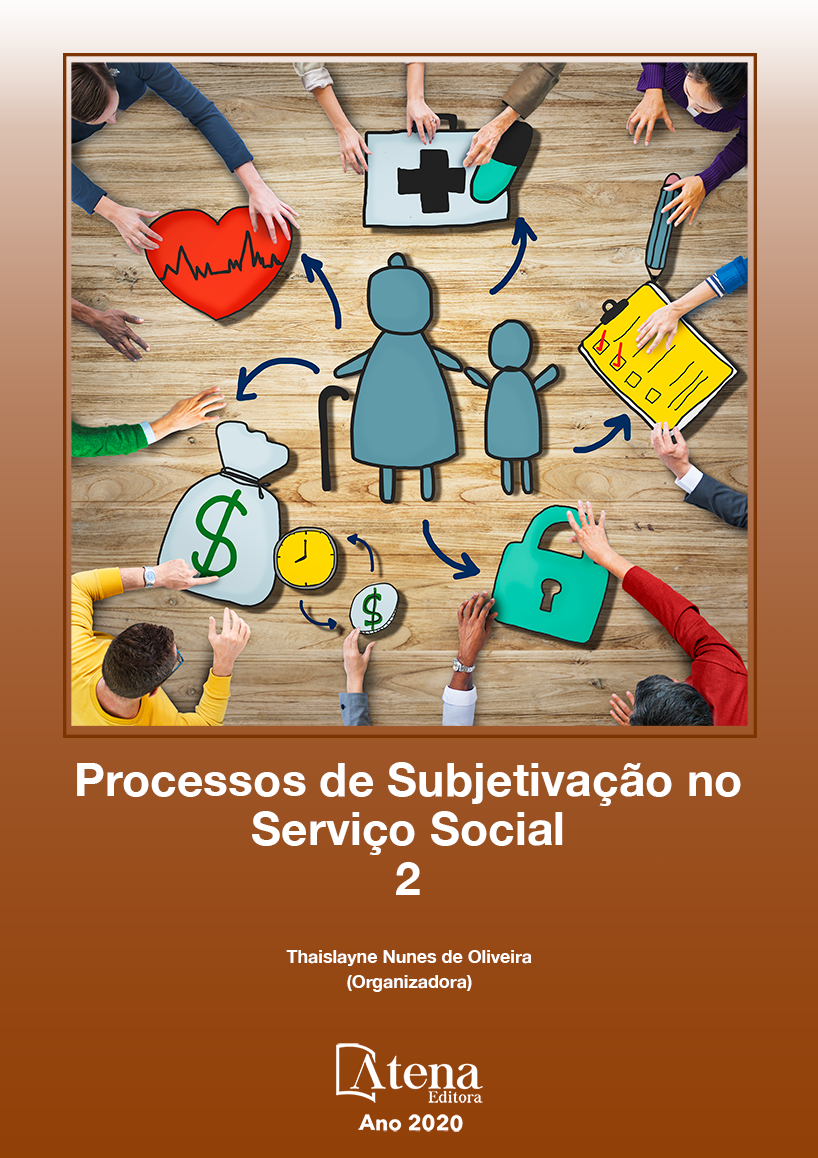
O MÉTODO HISTÓRIA DE VIDA ENQUANTO METODOLOGIA DE INTERVENÇÃO DO SERVIÇO SOCIAL JUNTO AOS PCD’S DO ICSA/UFPA
Este artigo aborda sobre um estudo de natureza qualitativa, cujos autores relatam a sua experiência com discentes PcD’s da Universidade Federal do Pará, utilizando o método de História de Vida com o procedimento da narrativa. Descrevem a abordagem metodológica, explicitando a técnica da entrevista para a coleta e análise das narrativas, buscando compreender o processo de escolarização desses discentes, bem como as dificuldades enfrentadas no ensino superior. Os autores argumentam que esse método possibilita a aproximação entre o pesquisador e os sujeitos, dando voz aos pesquisados, destacam ainda a dimensão subjetiva ao tratar das experiências e vivencias individuais no social. O estudo revelou a discriminação de colegas de faculdade com estudantes PcD’s e uso de metodologias desgastadas por parte de professores que deixam a desejar o processo de ensino/aprendizagem.
O MÉTODO HISTÓRIA DE VIDA ENQUANTO METODOLOGIA DE INTERVENÇÃO DO SERVIÇO SOCIAL JUNTO AOS PCD’S DO ICSA/UFPA
-
DOI: 10.22533/at.ed.32620290717
-
Palavras-chave: Historia de vida, narrativa, pessoa com deficiência, escolaridade.
-
Keywords: Historia de vida, narrativa, pessoa com deficiência, escolaridade.
-
Abstract:
This article discusses a qualitative study, whose authors report their experience with PcD's students from the Federal University of Pará, using the Life History method with the narrative procedure. They describe the methodological approach, explaining the interview technique for the collection and analysis of the narratives, seeking to understand the students' schooling process, as well as the difficulties faced in higher education. The authors argue that this method allows the rapprochement between the researcher and the subjects, giving voice to the researched ones, they also emphasize the subjective dimension when dealing with the experiences and individual experiences in the social. It has revealed the discrimination of college colleagues with PcD's students and the use of discarding methodologies that leave the desired teaching / learning process unfulfilled.
-
Número de páginas: 10
- Ana Paula Dias Martins
- Alexandre Fillipe dos Santos
- Ana Maria Pires Mendes


